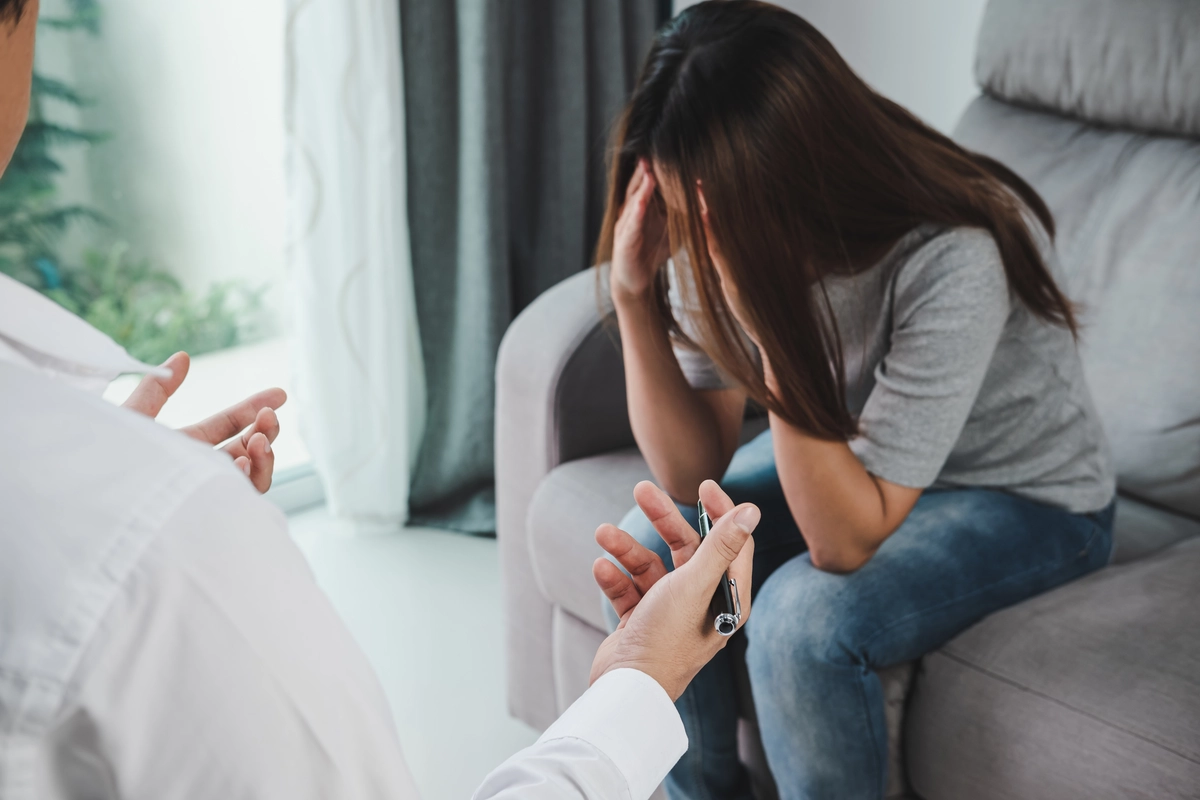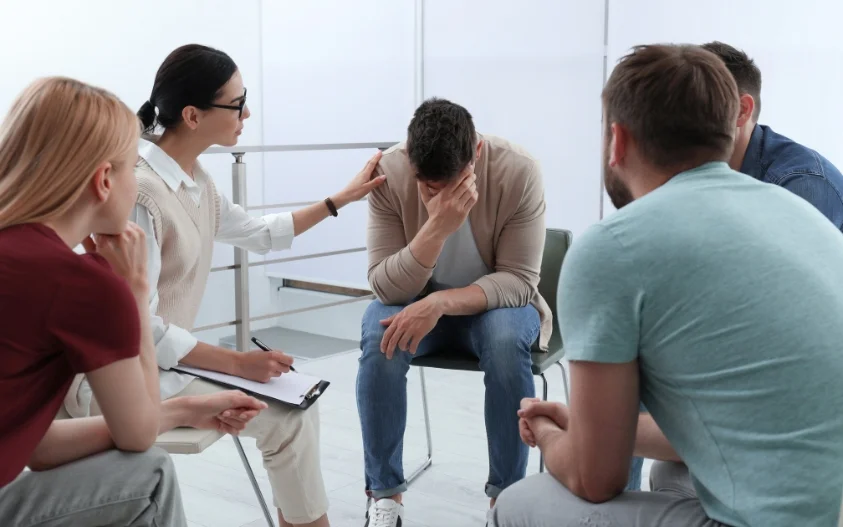24/7 Helpline:
(866) 899-221924/7 Helpline:
(866) 899-2219
Learn more about Bipolar Disorder Treatment centers in Williamsburg
Bipolar Disorder Treatment in Other Cities

Other Insurance Options

Choice Care Network

Ambetter

Amerigroup

Magellan Health

Magellan

Aetna

Humana

Carleon

Health Choice

Excellus

BlueCross

Coventry Health Care

GEHA

Sutter

EmblemHealth

Premera

ComPsych

MHNNet Behavioral Health

PHCS Network

American Behavioral




Cumberland River Behavioral Health – American Greeting Card Road
Cumberland River Behavioral Health - American Greeting Card Road is an outpatient facility for indiv...

Jackson Behavioral Health Professionals
Jackson Behavioral Health Professionals is a private rehab located in Corbin, KY. Jackson Behavioral...

Cumberland River Behavioral Health – Crossroads
Cumberland River Behavioral Health - Crossroads is an inpatient facility for men that are struggling...

Cumberland River Behavioral Health – Capers
Cumberland River Behavioral Health–Capers is an outpatient mental and behavioral health center for c...






















Cumberland River Behavioral Health – Independence House
Cumberland River Behavioral Health - Independence House is an inpatient facility for women with a Me...

Behavioral Health Group
Behavioral Health Group is a private rehab located in Corbin, KY. Behavioral Health Group specialize...

Cumberland River Behavioral Health – Turning Point
Cumberland River Behavioral Health is an accredited dual-diagnosis rehab facility in Corbin, KY. The...

















































